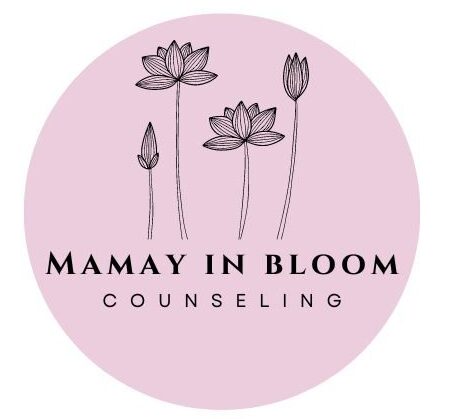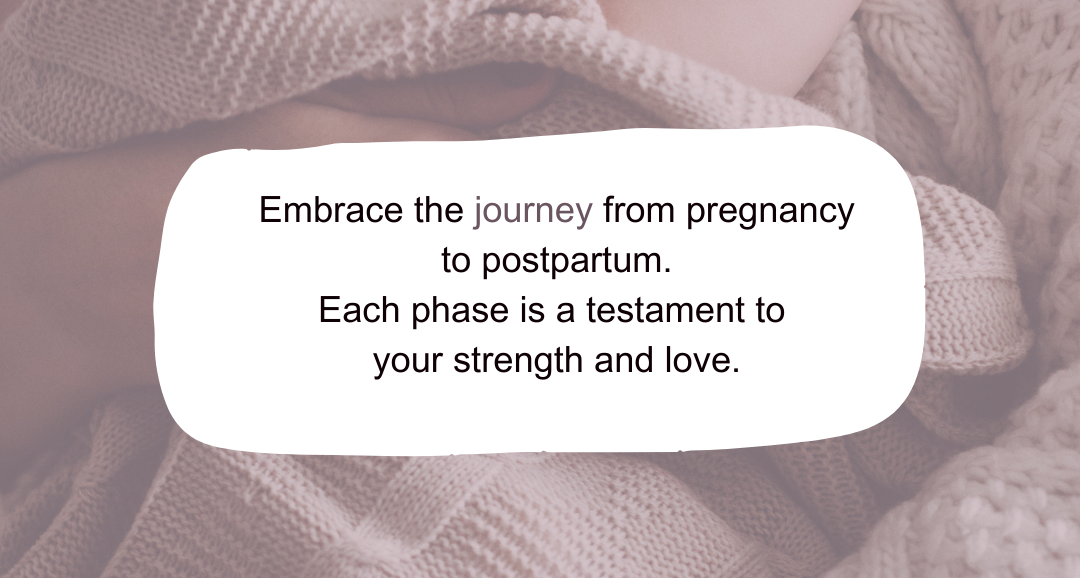Nurturing the New: Prioritizing Mental Health in Postpartum Pregnancy. The birth of a baby is an event, filled with happiness, love and the hope for a start. However, amidst the joy there can be another side to the story. Many new moms struggle with a mix of emotions. Tiredness, worry and sometimes even feelings of sadness that can overshadow the happiness of being a parent. It’s crucial to focus on maternal mental health. Ignoring feelings of sadness and worry could lead to postpartum depression, which’s a manageable condition. By recognizing the symptoms and reaching out for support mothers can get the help they need to thrive and build a bond with their baby.
The Postpartum Period: A Time of Transition
After giving birth the postpartum phase involves emotional adjustments. Your body is healing from pregnancy and delivery hormones are in flux and lack of sleep can be a challenge.
Postpartum Mental Health Challenges
Contrary to the images often seen in the media, the period after giving birth can bring about emotional struggles. Some of the health challenges during this time include;
- Postpartum Depression (PPD); This condition is characterized by enduring feelings of sadness, despair and a lack of interest in activities that used to bring joy.
- Postpartum Anxiety; It shows up as concern, intrusive thoughts and physical signs like a racing heart and difficulty breathing.
- Postpartum Obsessive Compulsive Disorder (OCD); Involves thoughts and persistent urges linked to your baby’s safety or well being.
- Postpartum Psychosis; While rare this severe disorder is marked by hallucinations, false beliefs and a detachment from reality.
Symptoms of postpartum anxiety or depression
It’s important to be aware of the signs and symptoms of postpartum mental health challenges. Here are some red flags:
- Feeling overwhelmed and unable to cope with daily tasks.
- Difficulty bonding with your baby.
- Persistent sadness, irritability, or anger.
- Changes in appetite or sleep patterns.
- Loss of interest in previously enjoyable activities.
- Feelings of worthlessness or guilt.
- Intrusive thoughts of harming yourself or your baby.
Nurturing the New: Prioritizing Postpartum Mental Health
It shows strength, not weakness to ask for assistance. Here are some ways to make postpartum support a priority, such, as seeking treatment for postpartum depression and engaging in therapy for pregnancy concerns;
- Have a conversation with your healthcare provider about your health worries. They can assess you for postpartum depression and postpartum anxiety management. Suggest treatment options. This might involve therapy to help you handle your emotions and develop coping strategies as medication to address postpartum depression. Taking this step can be crucial in obtaining support for both postpartum depression treatment and postpartum anxiety management.
- Connect with a therapist, one who specializes in cognitive behavioral therapy cbt (CBT) which can be effective in addressing postpartum anxiety and depression.
- Join support groups where you can connect with mothers who are going through similar challenges. This can offer validation, empathy and a shared sense of experience. You can look for local support groups.
- Establish a support system by relying on your partner, family and friends for both help and emotional support. Don’t hesitate to seek assistance, with childcare, household tasks or simply having someone to listen to.
- Make self care a priority by engaging in self care practices that nurture your well being.
- Make sure to rest, eat meals and make time for activities that make you happy even if it’s just a few precious moments every day.
Mamay In Bloom Counseling: Your Partner in Postpartum Wellness
At Mamay In Bloom Counseling we have an understanding of the complexities surrounding postpartum health. Our focus is, on addressing issues such as perinatal and postpartum depression/anxiety concerns to women and various challenges that may arise during this critical period. Our team of health professionals provides talk therapy, CBT and other proven therapeutic approaches.
We recognize the challenges of seeking help, especially with a newborn at home. That’s why we offer flexible options, including online therapy for postpartum depression and postpartum anxiety treatment. This allows you to access therapy from the comfort of your own home, on your own schedule.
You Don’t Have to Go Through This Alone
If you’re facing challenges, with your well being after giving birth remember that you’re not the one going through this. Assistance for postpartum issues is accessible and reaching out for support is the move towards healing. At Mamay In Bloom Counseling we are ready to support you in finding your courage, developing resilience and guiding you through the fulfilling adventure of being a mother.
Take the first step towards healing and happiness today. Contact Mamay In Bloom Counseling and schedule an appointment with a postpartum therapist near you. Prioritize your Mental Health during Postpartum Pregnancy.
Frequently asked questions (FAQs)
Q: What is postpartum depression counseling, and how does it differ from other forms of therapy?
A: Counseling, for postpartum depression focuses on addressing the hurdles that new mothers encounter. It incorporates methods such, as behavioral therapy to handle feelings and highlights the importance of establishing a strong support network as opposed to more general therapy strategies.
Q: Can a therapist help with postpartum depression?
A: Sure thing! Counseling, for postpartum depression offers an environment to talk about your emotions create ways to deal with them and discover techniques to handle symptoms of depression. Therapists can also assist you in forming a network of support and linking you with resources.
Q: Is online therapy effective for postpartum depression or anxiety?
A: Absolutely! Online counseling provides an easily accessible option to access help. Research indicates that online therapy is equally effective, as face to face therapy, in addressing postpartum mood and anxiety disorders.
Q: What are some risk factors for developing postpartum depression or anxiety?
A: Various factors can contribute to increased risk, such, as an experience of depression or anxiety limited social connections, challenging life circumstances and struggles with breastfeeding. It’s crucial to note that having these risk factors does not automatically mean you will develop these conditions; however, conversely, even individuals without any risk factors could potentially face these challenges.
Q: What can I expect in online therapy for postpartum depression?
A: Online therapy sessions at Bloom Counseling online usually mirror the structure of, in person sessions. During these meetings you’ll chat with your therapist about your symptoms and hurdles. Your therapist will create a customized treatment strategy to assist you in coping with depression and enhancing your wellness.
Q: How do I find a postpartum counseling near me who offers online counseling?
A: You don’t have to limit your search to therapists, in your area! Bloom Counseling offers therapy, for postpartum depression and anxiety no matter where you are located. Feel free to reach out to us for information and to connect with a therapist who can cater to your needs.














